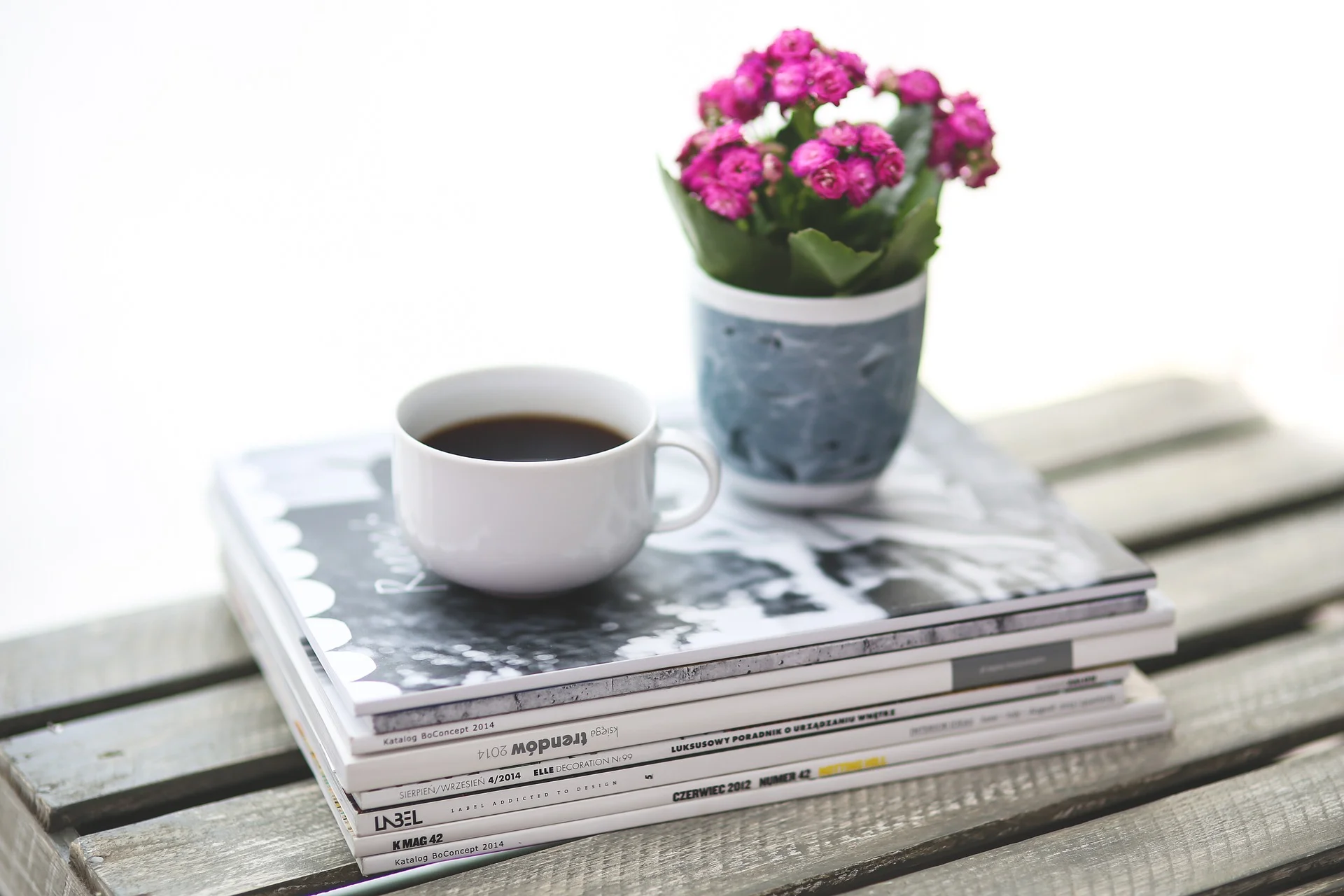Coffee.
It’s one of the world’s most popular beverages. It’s been praised by everyone from the likes of Thomas Jefferson and Napoleon Bonaparte to that T-shirt you saw on Pinterest. But for as much of it as we consume on a daily (if not hourly) basis, how often do we take the time to think about where that mighty little bean comes from?
Coffee is grown throughout the developing world, and three of the top ten coffee producers are in Latin America. While retailers typically get 25 percent of the profit of coffee sales, farmers get a measly .5 percent, which works out to only 14 cents per kilo. That’s less than they made a century ago.
According to Forbes, in terms of which brands are leading in sales, the top qualities Americans tend to look for when buying coffee are “convenient and cheap.” Most of us are looking to get the biggest bang for our buck in most things, but what does that mean for people all the way down the supply chain?
For most of us, coffee farmers are pretty removed from our decision of which coffee brand to buy at the grocery store or which coffee shop to visit, and that’s understandable. The problem is the big companies aren’t thinking about the farmers either.
If that sounds a bit depressing, that’s understandable, too. But, depending on the brand, if it’s easy to perpetuate harm like unfair wages through drinking a cup of coffee, then the reverse also true. As Rebecca Scott says in this TED talk, you can become a superhero just by drinking a cup of coffee.
So where can you find ethically sourced coffee? These days, it’s getting easier. For example, Solea Water partners with Silo Coffee + Goods, which sources organic and fair trade coffee from Latin America and donates 10 percent of the profits to Solea Water’s clean water projects in the same region.
One of Silo’s current offerings comes from Cooperative Ixil de Avelina, in the mountains of the tropical Ixcan region in Quiche, Guatemala. In 1998, the group organized to gain organic certification, improving not only the quality of life for the farmers, but also improving the environment through their sustainable practices. They received Fair Trade certification in 2004.
The cooperative uses its fair trade premiums to fund community projects, including a school, a student computer lab, and agronomist-led technical assistance workshops to help farmers increase their productivity. In addition, since there are only 12 female farmers in the cooperative, Ixil created a microcredit fund to give farmers wives’ loan opportunities for income diversification, that contributes to a growing gender equality in the community.
Simply by purchasing 12 oz. of coffee, you’re contributing to all those initiatives in addition to Solea Water’s projects.
Your dollars are a pretty powerful tool. We know what we can buy with our dollar, but what if we started thinking about how much good our dollars can do for other people? We might reconsider just what makes a perfect cup of coffee.



